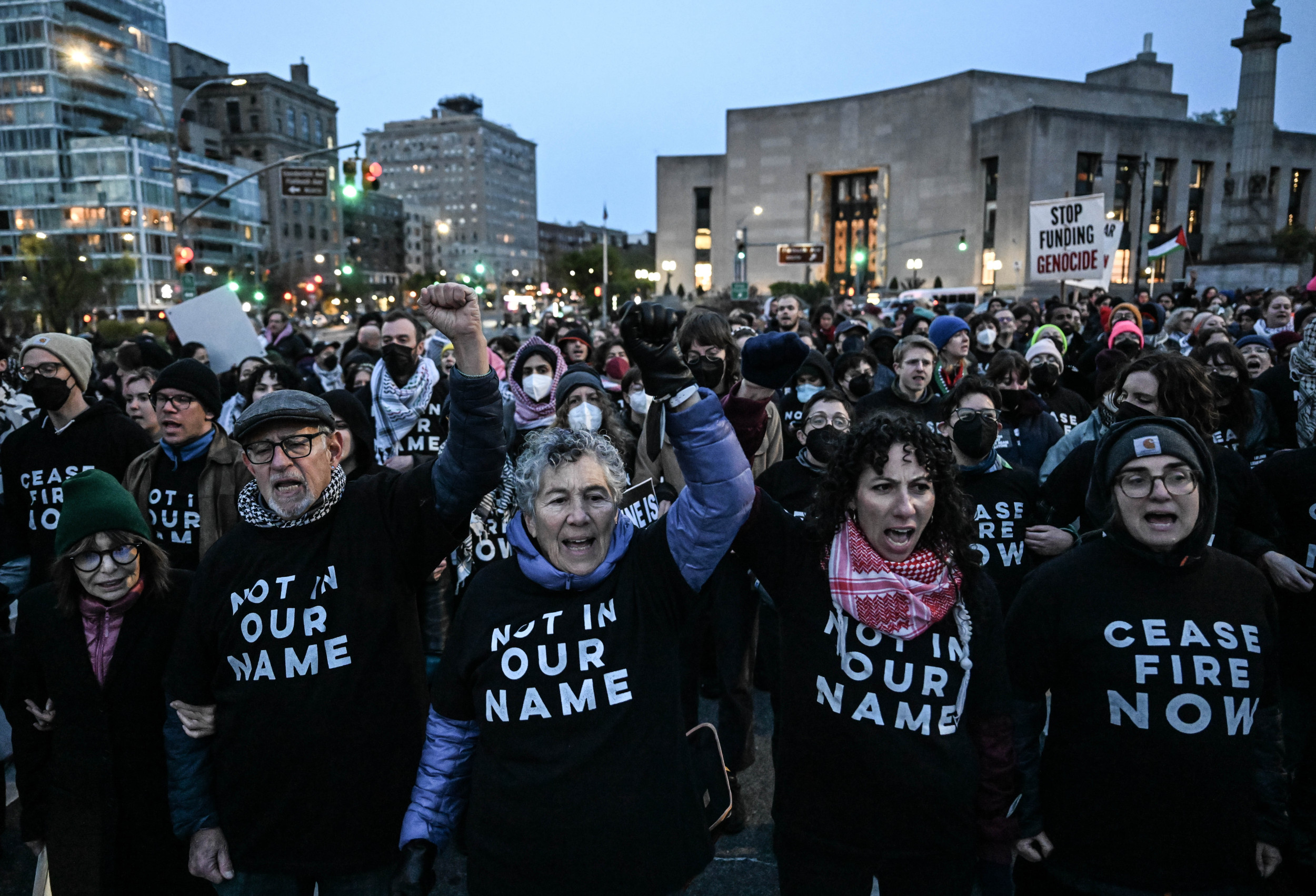Nigerian President Muhammadu Buhari has pledged to investigate allegations made by Amnesty International that accuse senior Nigerian military officials of war crimes violations in the offensive against radical Islamist terror group Boko Haram.
In a new 133-page report released by Amnesty International, entitled 'Stars on their shoulders. Blood on their hands: War crimes committed by the Nigerian military', commanders are accused of "participating in, sanctioning or failing to prevent" the deaths of thousands of people.
The report alleges that 8,000 people have died in military detention from execution, starvation and torture during the offensive to oust Boko Haram from the country's restive northeastern regions.
Buhari, recently elected in a historic All Progressives Congress (APC) party win over Goodluck Jonathan's People's Democratic Party (PDP), has released a statement in reaction to the report asserting his commitment to human rights.
"I assure you that your report will be looked into," Buhari said in a statement released by his spokesman Garba Shehu. "Respect for human rights and adherence to the rule of law are the life and soul of the democratic system."
"We will not tolerate or condone impunity and reckless disregard for human rights," he added, saying that Nigerians should rest assured that "this administration will leave no stone unturned to promote the rule of law, and deal with all cases of human rights abuses".
The investigation into the alleged crimes was conducted over a number of years, with interviews with more than 400 victims, eyewitnesses and senior Nigerian security staff. The report concludes that over 7,000 young men and boys died in military detention since March 2011, with 1,200 unlawfully killed since February 2012.
The report details thousands of arbitrary arrests by the Nigerian military, with boys as young as nine years old detained. It adds that the prisoners are kept in "extremely overcrowded, unventilated cells without sanitary facilities and with little food or water" while thousands are alleged to have died from ill treatment and these dire conditions. A high-ranking Nigerian official handed Amnesty a list of 683 detainees who died in military custody between October 2012 and February 2013.
A former detainee who spent four months in detention described to Amnesty how on arrival "The soldiers said: "Welcome to your die house. Welcome to your place of death". Only 11 of the 122 men he was arrested with survived.
Amnesty identified five Nigerian military officers that it believed should be investigated for their involvement in the deaths of a number of those detained. These are: Major General John A H Ewansiha, Major General Obida T Ethnan, Major General Ahmadu Mohammed, Brigadier General Austin O Edokpayi and Brigadier General Rufus O Bamigboye.
Nigerian military spokesman, Mike Omeri, also confirmed to Newsweek that Buhari would investigate the allegations but spoke of the military's frustration that the world was focusing on them and not the actions of Boko Haram against the Nigerian people.
"The President has promised to look into it but, essentially, we have always stated one fact, that the armed forces of Nigeria are professional and have never been trained to involve that kind of act," he says.
"There is a guide of conduct," he adds. "In that guide, there is nowhere that encourages to violate the rights of civilians at all. The rules are there and we will apply it appropriately but we wish that the international community will also pay attention to the atrocities that are being committed by the terrorists."
The Boko Haram insurgency, in place since 2009, has forced over a million people from their homes and killed tens of thousands.
According to the Council on Foreign Relations, Boko Haram killed over 10,000 people in 2014, the deadliest year in their six-year insurgency against Nigerian authorities in hope of creating an Islamic caliphate. They have already reportedly slain more than 2,000 people in the first months of 2015 following a series of mass killings in the town of Baga, in the state of Borno.
Uncommon Knowledge
Newsweek is committed to challenging conventional wisdom and finding connections in the search for common ground.
Newsweek is committed to challenging conventional wisdom and finding connections in the search for common ground.
About the writer
To read how Newsweek uses AI as a newsroom tool, Click here.








